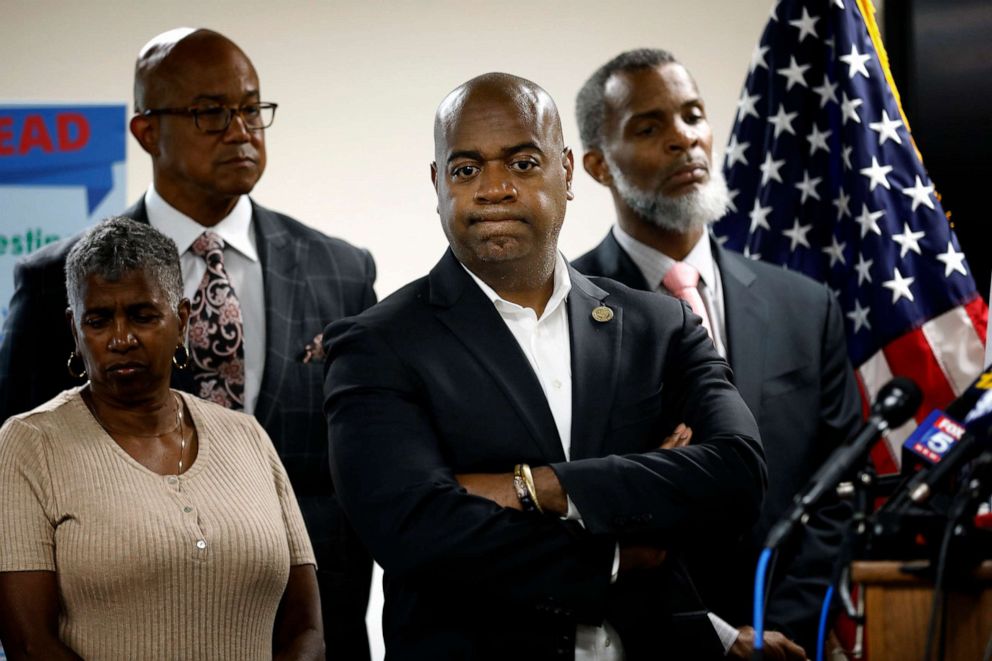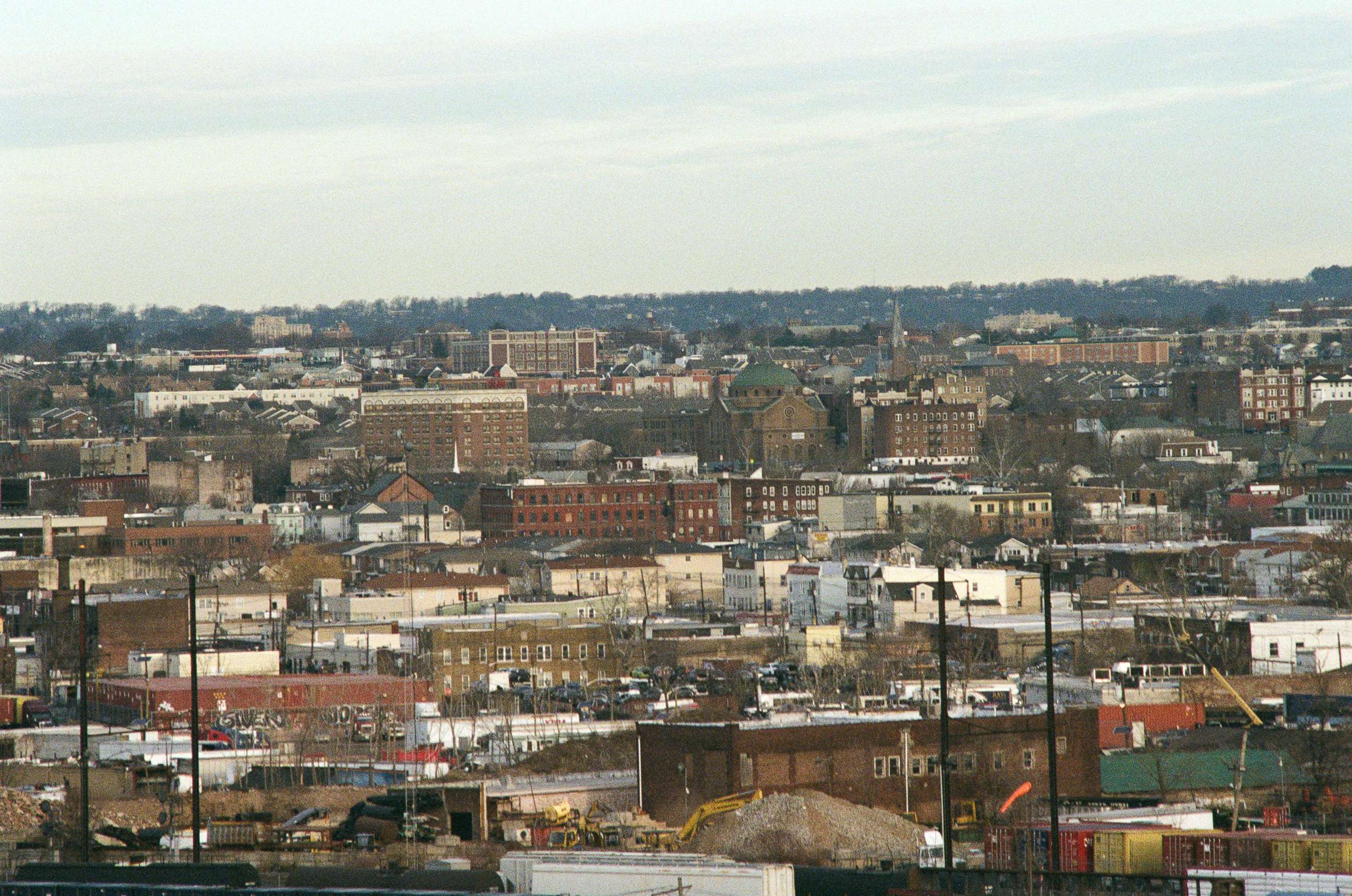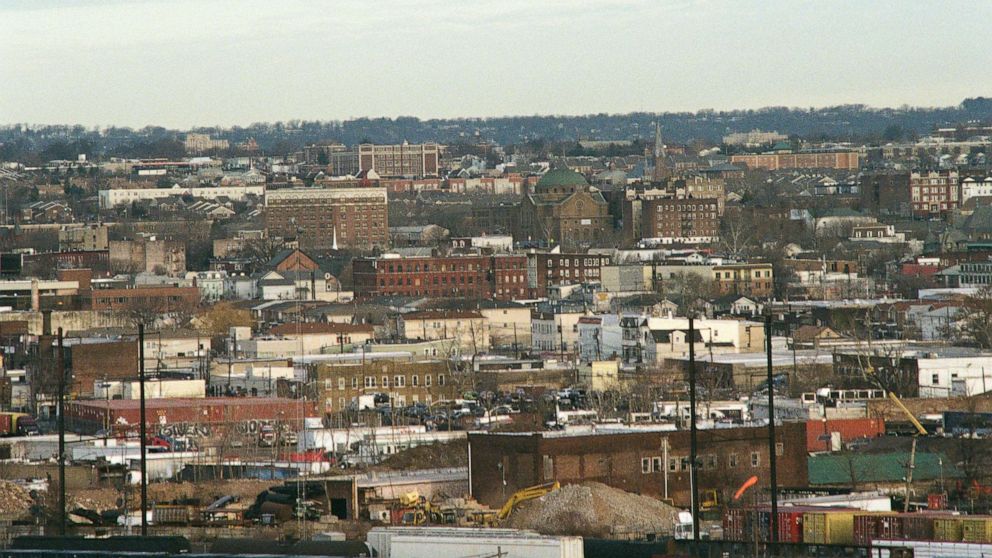'Living in squalor': Watchdog agency slams New York City homeless placement program
New York City's own inspector general ripped a controversial city program intended to help curb homelessness after a probe showed it left needy families "living in squalor under the roofs of unscrupulous landlords."
The city's Department of Investigation released on Thursday its findings from a probe into New York's Special One-Time Assistance program, or SOTA, launched by Mayor Bill de Blasio's administration in 2017. The report comes just days after Newark, New Jersey, officials filed a federal lawsuit accusing de Blasio and his Department of Homeless Services Commissioner Steven Banks of turning their community into a homeless dumping ground.
"The SOTA program was designed to help New York families break the cycle of homelessness and set them on a path to achieve stable, affordable housing," Margaret Garnett, commissioner of the Department of Investigation, said in a statement on Thursday. "Instead, because of a lack of proper oversight and poorly designed paperwork, our investigation showed some SOTA families placed in housing outside of New York City were living in squalor under the roofs of unscrupulous landlords, who collected tens of thousands of dollars in rental payments upfront from the City to provide these subpar conditions with little risk of accountability for their actions."
The DOI began its investigation in February. Among its findings were a landlord who owned multiple properties in Newark leased under the SOTA program failing to fix a defective boiler, resulting in maximum apartment temperatures of 43 degrees. Another property housed a family in an illegal attic crawling with vermin, and a third property had no heat and dysfunctional electrical outlets.
The findings appear to support allegations made in the lawsuit filed on Monday at the behest of Newark Mayor Ras Baraka, alleging de Blasio and Banks orchestrated an "ill-conceived, surreptitious" program that has become a public nuisance.

Isaac McGinn, a spokesman for the New York City Department of Social Services, said the DOI investigation happened after the city referred a bad landlord to the department.
"We agree on the need to continually strengthen our programs, which is why we made addressing these very points our top priority over a year ago, during the first twelve months of the program," McGinn said in a statement Thursday to ABC News. "We have since implemented comprehensive apartment review standards -- and we provide continual training to staff regarding the program, its enhancements, and the steps they are required to take to ensure clients are connected to safe apartments as they get back on their feet."
The probe found landlords and brokers have been taking advantage of the program, "collecting upfront full-year's rental payments and a 15% broker's fee, despite leaving tenants in dilapidated housing." According to the report, the average annual SOTA apartment lease cost the city about $17,000, plus a $2,550 broker's fee.
The DOI recommended the program stop giving landlords full-year upfront rent and, instead, pay installments throughout the year to maintain leverage over landlords who ignore complaints from SOTA tenants.
The Newark lawsuit, filed in U.S. District Court in New Jersey, contends the SOTA program, has "unlawfully coerced" people into leaving the New York City's shelters for dilapidated, rodent-infested housing in neighboring communities.
Under SOTA, the city offers families that have been in shelters for at least 90 days housing subsidies for up a year as long as the heads of households work and earn income for future rental payments.
Between September 2017 and September 2019, 5,074 heads of household were placed into permanent housing through SOTA, according to the DOI report. About 35% were placed in housing in New York City, while 65% were placed outside the city.
Some participants of the program have said the subsidies are not enough for them to live in New York, so they're being shipped to more affordable communities, where they're virtually abandoned in substandard housing, according to the lawsuit.
While the program requires New York's Department of Homeless Services to conduct walk-throughs of apartments before placing people in them, the lawsuit contends that's rarely happened.
"Defendants have caused a public nuisance that has significantly harmed any considerable number of Newark's residents and the State of New Jersey residents," reads the lawsuit.
The DOI report found that the SOTA program's housing specialists assigned to inspect potential housing for habitability "were not properly trained to detect health and safety hazards, and some did not conduct the required inspections despite documenting that they had."
According to the report, the New York City Human Resources Administration and the Department of Homeless Services has started to implement reforms to correct deficiencies in the SOTA program.
DOI officials said the department will monitor the reforms "to ensure city funds are not wasted and homeless families are given a real chance to succeed."
Newark leaders, who have outlawed SOTA in the city, claim 2,200 families have been placed in 62 New Jersey towns, including 1,198 in Newark.
"New York has continued to send people despite us having several discussions about our problems with their program," Newark's corporation counsel, Kenyatta Stewart, told the Newark Star-Ledger. "We need to get a judge involved so they can stop shipping people to Newark."

Elizabeth, New Jersey, Mayor J. Christian Bollwage said in a statement Tuesday it was "strongly considering going forward in joining Newark" in a possible class-action lawsuit.
Avery Cohen, de Blasio's deputy press secretary, blasted the lawsuit in a statement to ABC News on Tuesday.
"In the face of a regional housing crisis, the City of Newark has inexplicably taken a page from the Trump playbook, building a wall to single out and prevent families from seeking housing where they want to live," Cohen's statement reads. "This is wrong, hypocritical, and amounts to nothing short of income-based discrimination. We will continue to fight to ensure that families have the right to seek stable and safe housing."
Sha-Kira Jones, one of several SOTA program participants named in the lawsuit, said she never wanted to live in New Jersey. She said she felt pressured to move there after living in a shelter for 10 months with her two young children while pregnant at the time, according to the lawsuit. They ended up in a Newark apartment, where the electricity stopped working and all the food in her refrigerator spoiled.
She claims complaints to her landlord were ignored, and New York City officials refused to intervene, according to the suit. She eventually learned she was living in an illegally converted apartment.

Another SOTA recipient, whose name was not included in the lawsuit because the individual was "fearful of future reprisal by the Defendants," claimed in the lawsuit that her apartment was rodent- and roach-infested, the bathroom ceiling collapsed and that the heater never worked.
She said she was forced to leave the apartment when Newark city officials told her the building was being condemned.
Loreal Bell, another SOTA recipient, said she was moved into an apartment in Newark that was mice-infested, had faulty wiring and no heat, according to the suit. She claimed that when she complained to officials at the New York Department of Homeless Services, she was told to contact Newark officials.
"Ms. Bell," according to the lawsuit, "feels like she was 'dumped here and is now a Newark problem.'"




